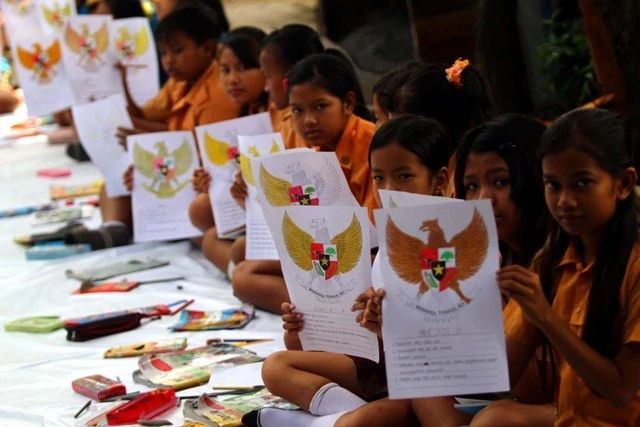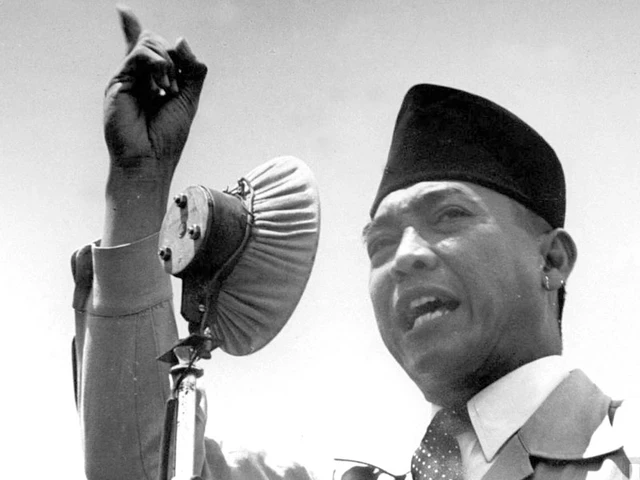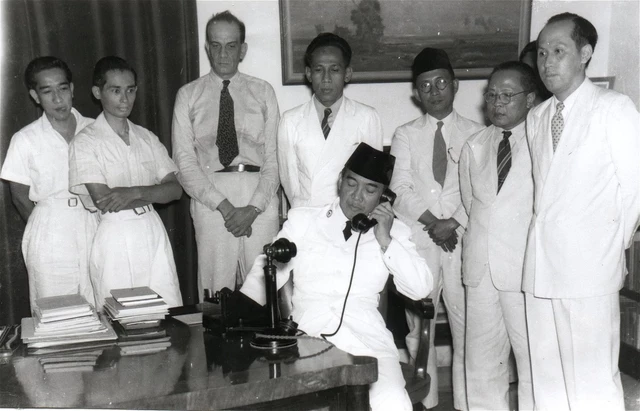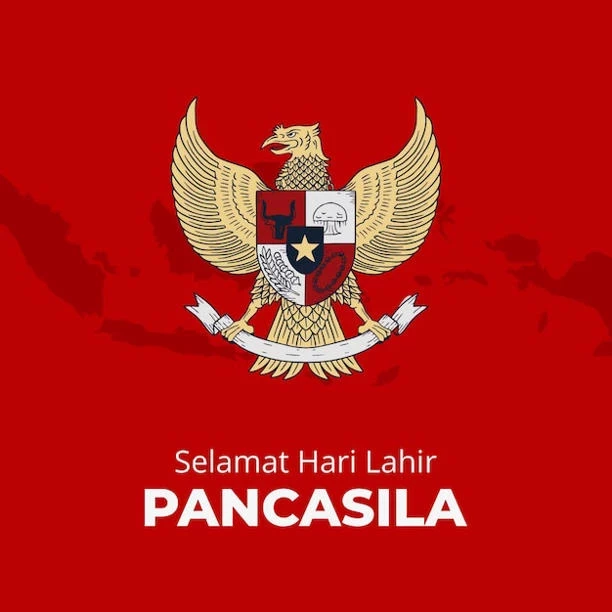
Do you know what Pancasila is? No, it's not a deity's name; it pertains to the realm of the state. Pancasila represents the five foundational principles upon which the country should be governed, serving as the basis and ideology of the Indonesian nation. These five points are taught from primary school, and even foreigners obtaining long-term residency must sign a document stating their adherence to them. These principles were formulated in 1945 by the future president Sukarno shortly before Indonesia's declaration of independence, after which a four-year war for independence ensued.
Here is how Indonesia's ideological system, enshrined in the modern constitution, sounds:
1. Belief in the One and Only God (Ketuhanan Yang Maha Esa).
2. Just and Civilized Humanity (Kemanusiaan Yang Adil dan Beradab).
3. Unity of Indonesia (Persatuan Indonesia).
4. Democracy Led by the Wisdom of Consultative Deliberations (Kerakyatan Yang Dipimpin oleh Hikmat Kebijaksanaan, Dalam Permusyawaratan Perwakilan).
5. Social Justice for All the People of Indonesia (Keadilan Sosial bagi seluruh Rakyat Indonesia).
History of the creation of Pancasila.

The holiday itself appeared recently; it was introduced by the current president of the country, Joko Widodo, in 2016. This is an official holiday, so all government institutions, banks, and other structures are closed, while private enterprises and shops may remain open.
After the fall of the fascist regime worldwide, which also affected Indonesia (where there was Japanese occupation), a committee was formed in 1945 to prepare for the proclamation of the country's independence. It consisted of nine founding fathers of the modern state, known as the Committee of Nine. In his opening speech, Dr. Radjiman, who led the committee, posed a question to the session participants about the basis upon which the Indonesian state they were about to form would be built. Several options were suggested, one of which proposed an Islamic state, but this was unacceptable to representatives of other religious denominations and advocates of secular views. At the decisive moment, the future first President of Indonesia, Sukarno, spoke up. He proposed five principles for the organization of the new state, soon to be named Pancasila.

"Panca" - पञ्च pañca (five) in Sanskrit means "five," and "sila" - शीला sīla – principles, foundations. After many years, these principles have remained unchanged, followed by all political parties in the country, and the same is expected from ordinary citizens. These concepts serve as the basis for building a modern civilized society, which is impossible without mutual respect for the freedom of choice of each individual. And as guests of the country, we should be aware of this holiday.
Note: Criticism of Pancasila is prohibited by the Criminal Code (KUHP) because Pancasila is included in the Indonesian state symbol. According to Law No. 24 Article 68 of 2009, insulting Pancasila can result in a maximum penalty of 5 years of imprisonment or a maximum fine of 500 million rupiahs.

You can add one right now!